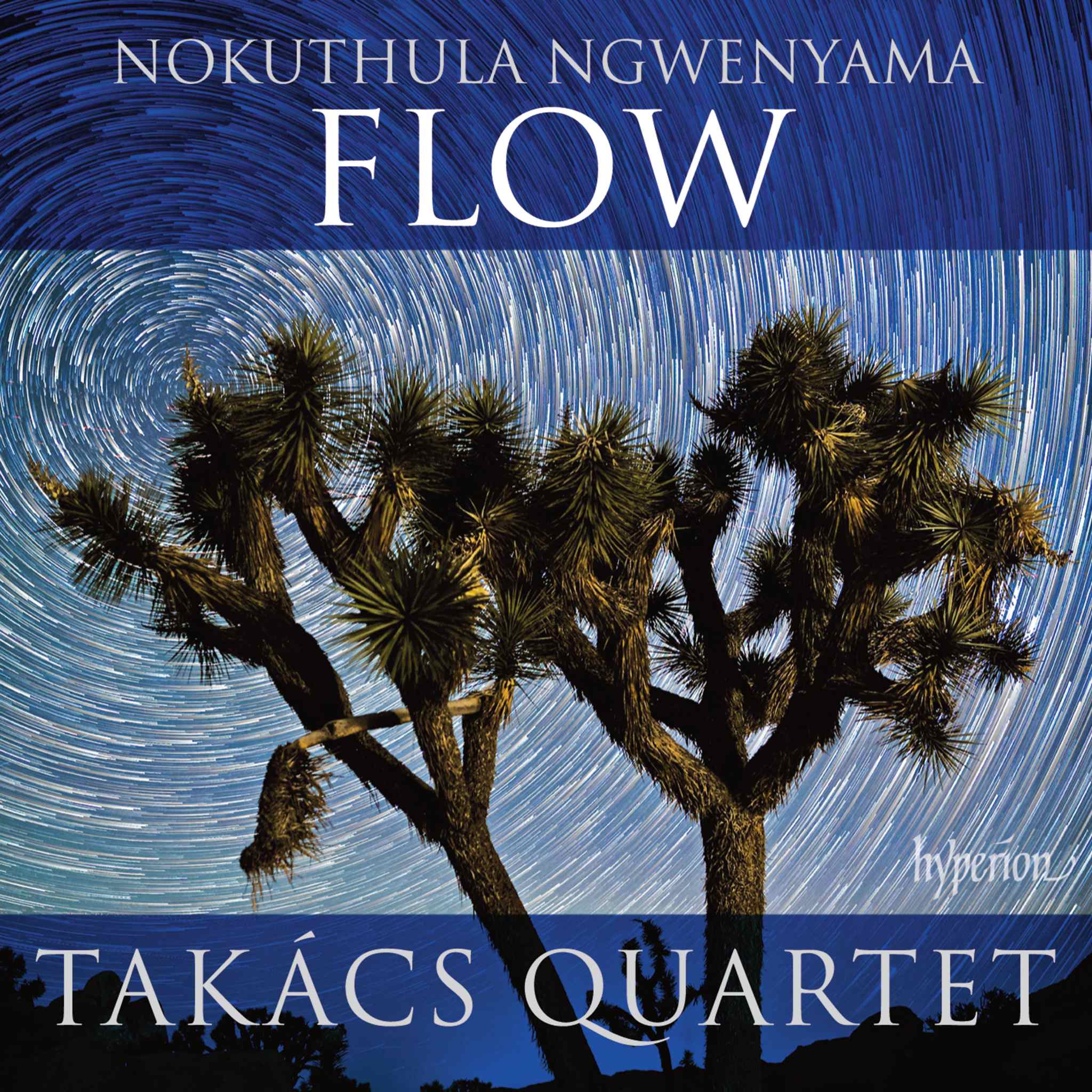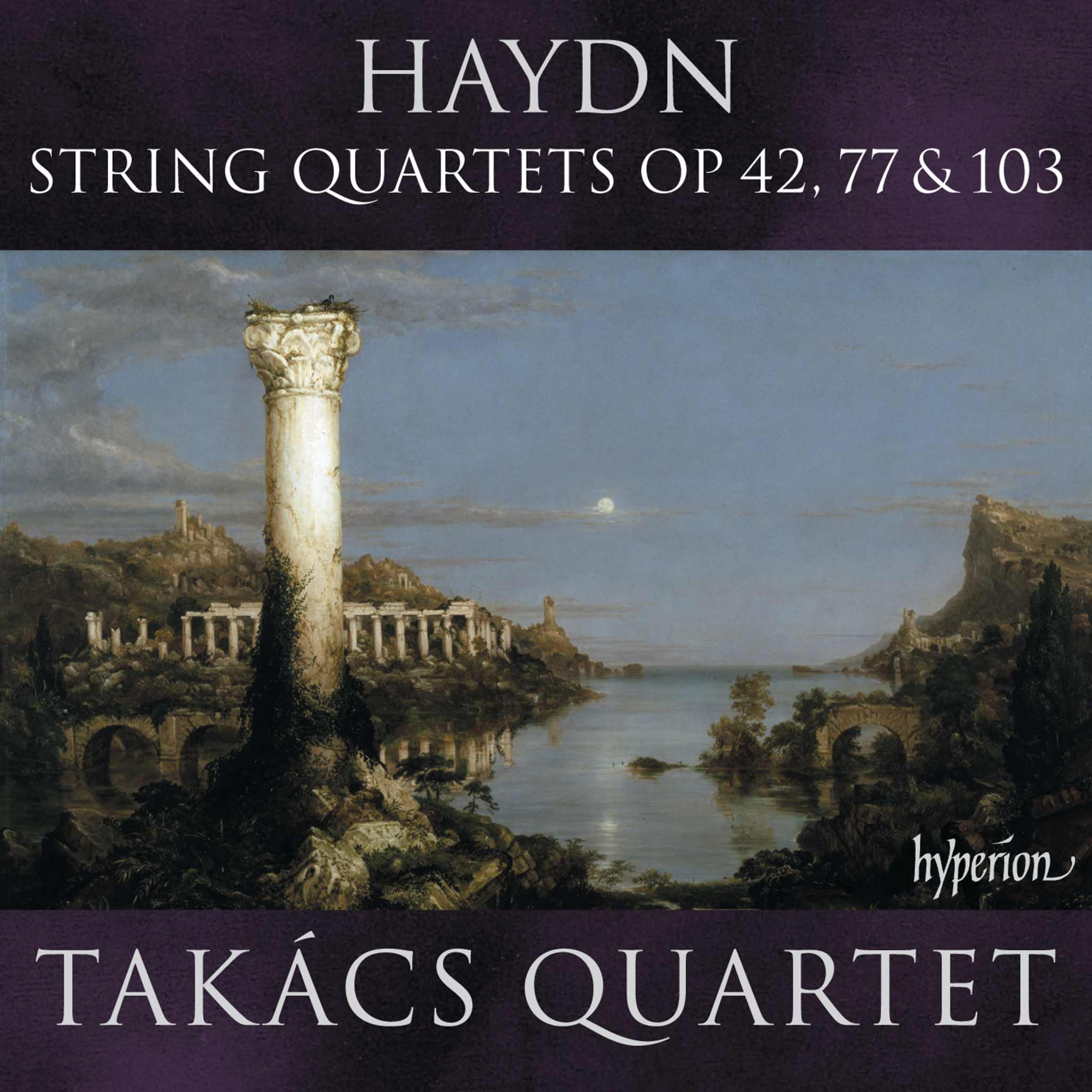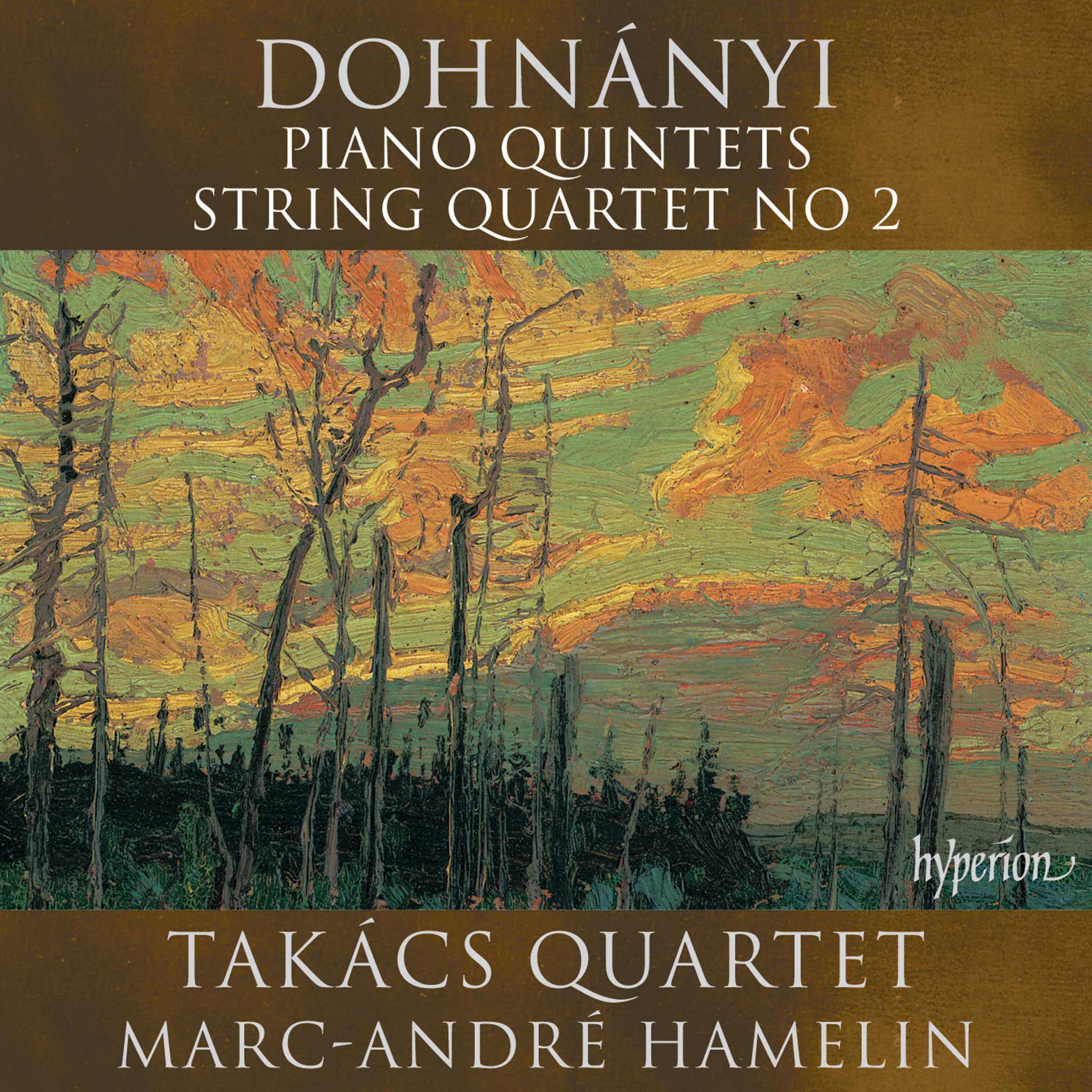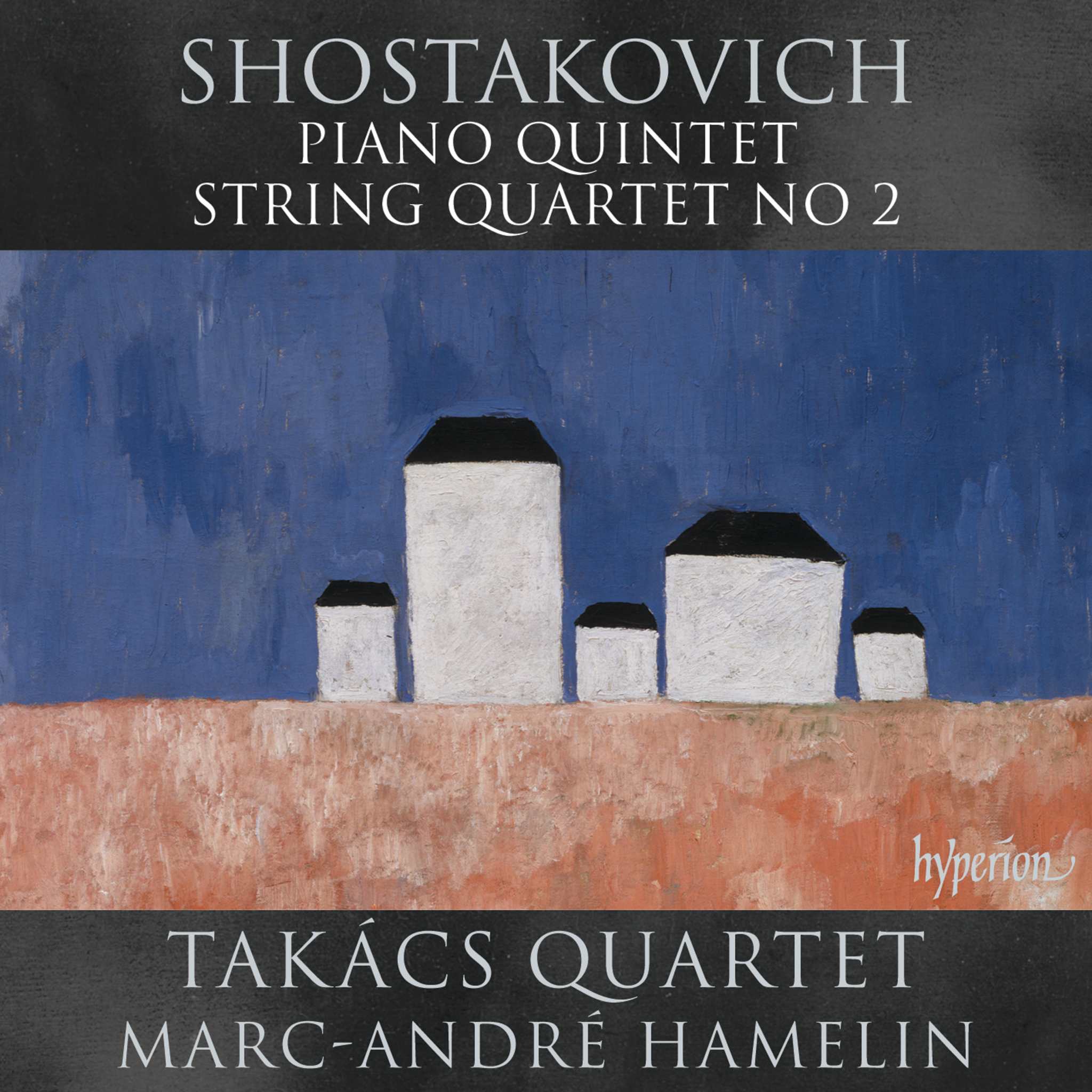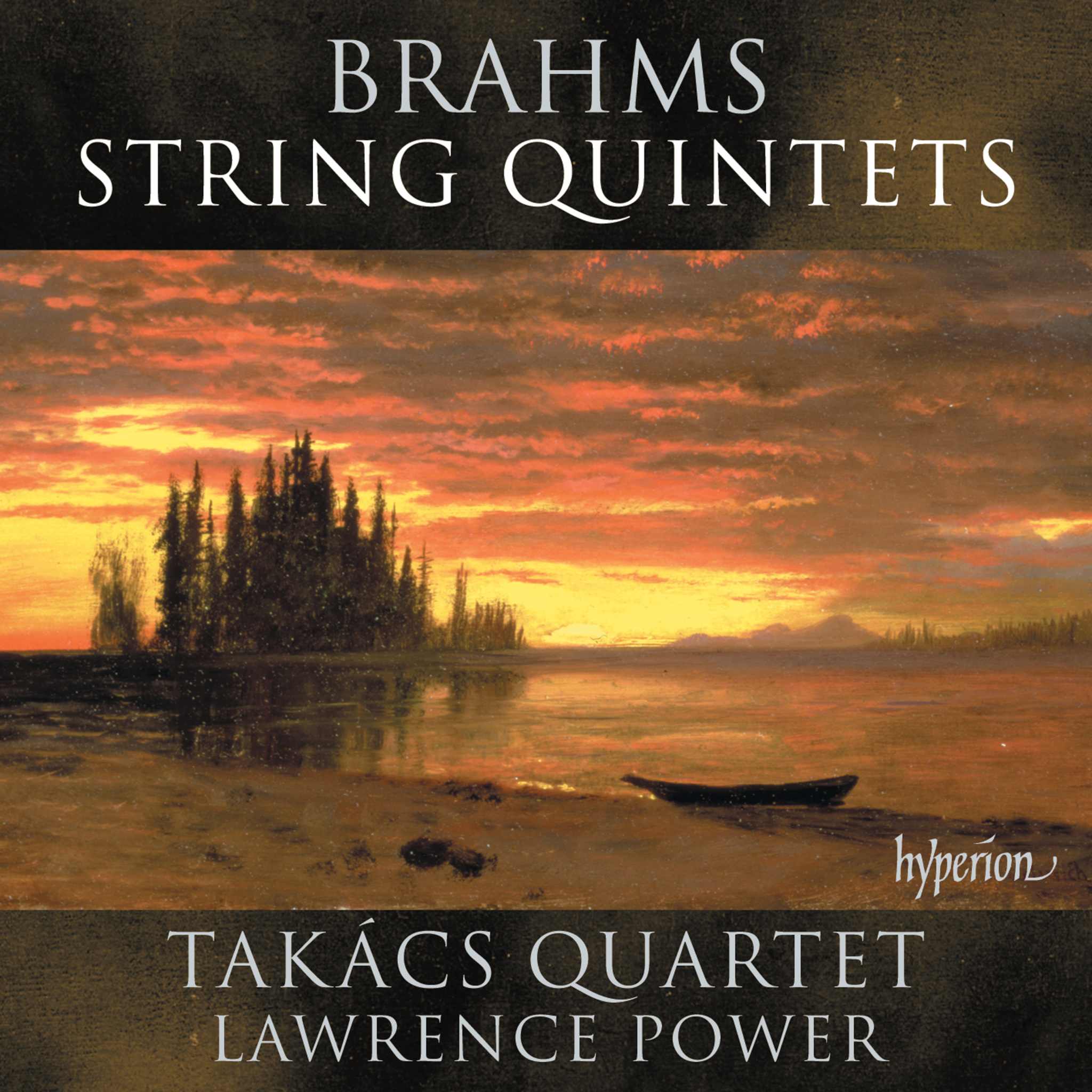As a young man, Britten composed six string quartets under the tutelage of Peter Bridge. His first significant quartet, the Three Divertimenti, was written in 1933 and premiered in London in 1936, but to little acclaim. One newspaper critic described the pieces as depressing. Nevertheless, Britten later incorporated elements of this work into one of his song cycles.
In 1941, Britten received a commission for a quartet, for which he was paid $400. He worked on his first quartet in seclusion in a small cabin. The premiere took place in Los Angeles, though Britten himself had mixed feelings about the composition.
Following the breakthrough of his opera Peter Grimes, Britten composed his Second String Quartet in 1945. It contains echoes of Purcell and was presented in London on Britten's 32nd birthday. The composer considered it his most successful work to date.
Britten completed his Third Quartet in Venice, and it was first performed by the Amadeus Quartet in Aldeburgh in 1976. With its five movements, it is sometimes considered a suite. It represents a musical high point and reflects influences from Britten's earlier compositions.
Britten worked on the Third Quartet with great dedication, enlisting Colin Matthews as a co-composer. During its creation, Britten's health deteriorated, and the work was not publicly performed until after his death.
Connections to his opera Death in Venice can be found in Britten's Third Quartet, particularly in the fifth movement. The finale could be interpreted as a farewell to his longtime partner and artistic inspiration, Peter Pears. Shortly after the premiere, Pears described the work as deeply moving and overwhelmingly beautiful.





